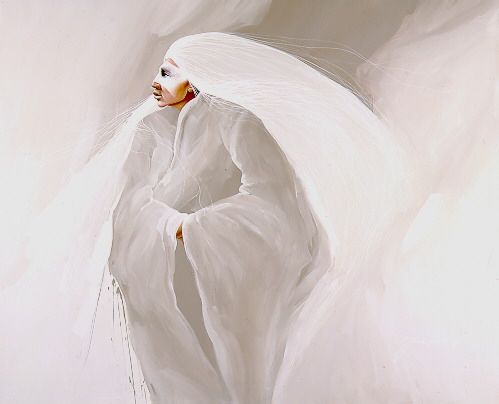By: Michelle Blank
In recent years, American Indian voters have helped decide close elections in five Western states: Washington, Montana, South Dakota, Arizona and New Mexico. And the tribes may well play an important role in swing-state elections in 2008.
That’s one reason why the Indigenous Democratic Network recently announced “Prez on the Rez,” a forum designed to bring together Democratic presidential hopefuls and tribal leaders. The August event will be the first time presidential candidates have faced off on reservation land.
So far, New Mexico Gov. Bill Richardson is the only candidate who has confirmed his attendance, although fund president Kalyn Free says other candidates, including John Edwards, Barack Obama and Hillary Clinton, have expressed interest.
Some 500 tribal leaders are expected to attend the event on the Morongo Reservation in Cabazon, Calif. Free anticipates that social issues such as poverty, health care, unemployment, alcoholism and suicide will dominate discussions. “The ills America suffers from are most prominently featured on Indian country,” she says. “Those are the issues that are going to be at the forefront and how the president can help give hope and opportunity.” And Free believes the forum will have a ripple effect on voting, as tribal leaders bring their opinions back home.
Nonpartisan groups and political parties alike are beginning to recognize the impact of American Indian voters. In 2002, a gaming proposition on the Arizona ballot turned out unprecedented levels of Indian voters from across the state. The proposition passed, and the Indian turnout also helped elect the state’s first Democratic governor in over 10 years. The Democratic National Committee now has a staffer dedicated to building party participation and voter awareness among Arizona’s 22 tribes.
In 2004, the Congress of American Indians led a nationwide get-out-the-vote effort and sponsored the first post-election study of tribal voting. All eight states studied reported increased Indian voter turnout in 2004 compared to 2000.
Free hopes this trend will spur candidates to listen to tribal leaders. During a speech at a legislative summit, she said, “We’re bringing these candidates in to Indian country so they can hear what we expect of them, and what we want them to do if they’re elected president.”
Subscribe to:
Post Comments (Atom)





No comments:
Post a Comment